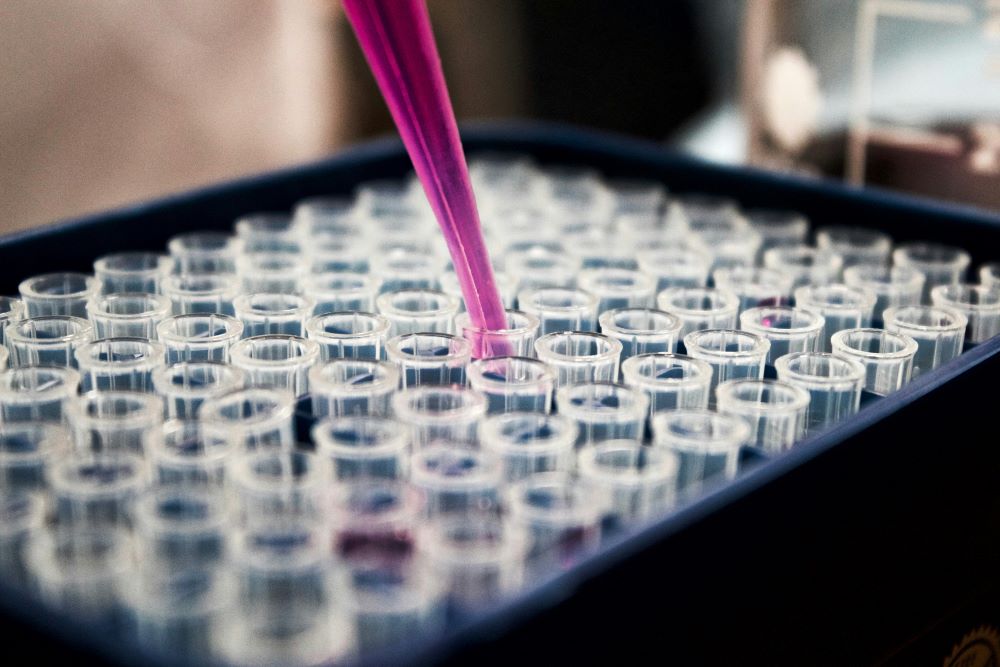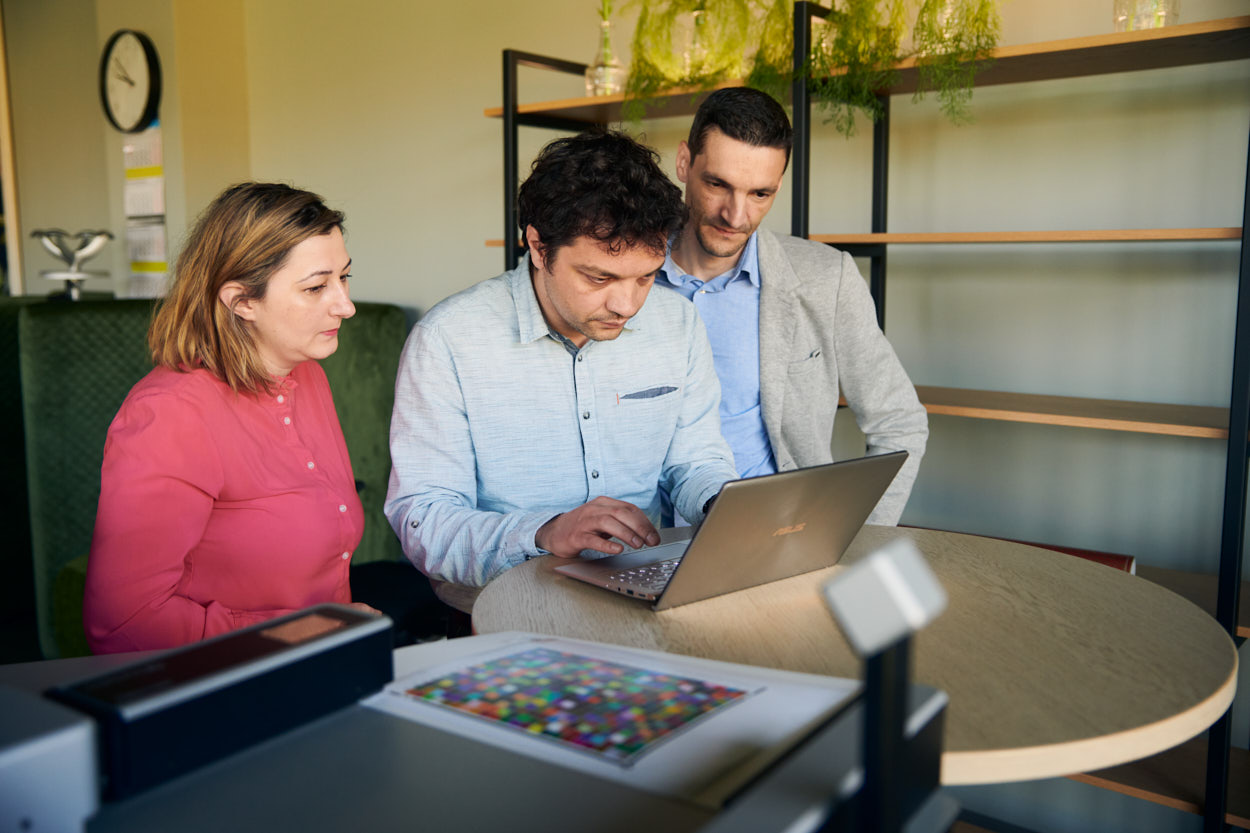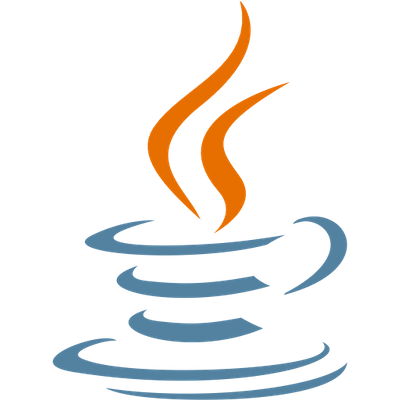Berlinger is an extraordinary Swiss family business, founded in 1865. The company’s roots are in fabric manufacturing. Through a rather coincidental request from a customer looking for a chemical temperature indicator for use in the transport of raw materials, the company gradually entered the chemical field. In later stages, the temperature controller was converted to electronics; today it involves real-time tracking of physical conditions and location of pharmaceutical products.
Bernd Heisterkamp is Head of R&D at Berlinger & Co. AG. He explains that the company serves three customer groups. First, companies in clinical research, then in the field of pharmaceuticals and life sciences and finally health organizations such as WHO or UNICEF. “It is not always clear who all belong to our end-customers: physicians, purchasers, transporters, financiers of aid campaigns. But almost always the focus is on monitoring site equipment such as refrigerators, cool boxes and other storage as well as shipments – sometimes around the world.
Medications often have a certain temperature tolerance with critical lower and upper limits, and in many cases, it is essential to have the temperature curve by hand in order to understand if any deviations took place. It also helps our customers make the right decisions: can we still apply this drug safely, even if it is exposed to certain fluctuations? In some cases, medical substances must be stored at extremely low temperatures, for example -180 degrees Celsius.”
A second business line of Berlinger is Berlinger Special AG; this division is focused on developing and producing safe containers for doping samples. These products are designed to reduce the risk of tampering with doping tests, Heisterkamp said. “They are widely used at professional sporting events such as the Olympics.”







